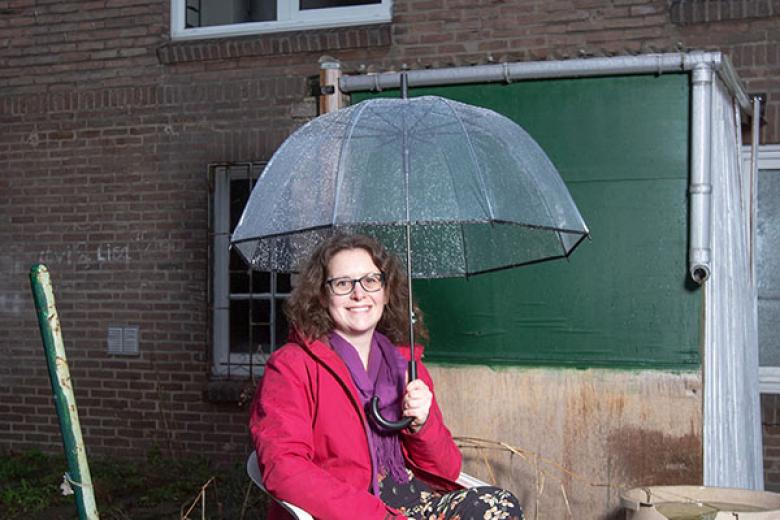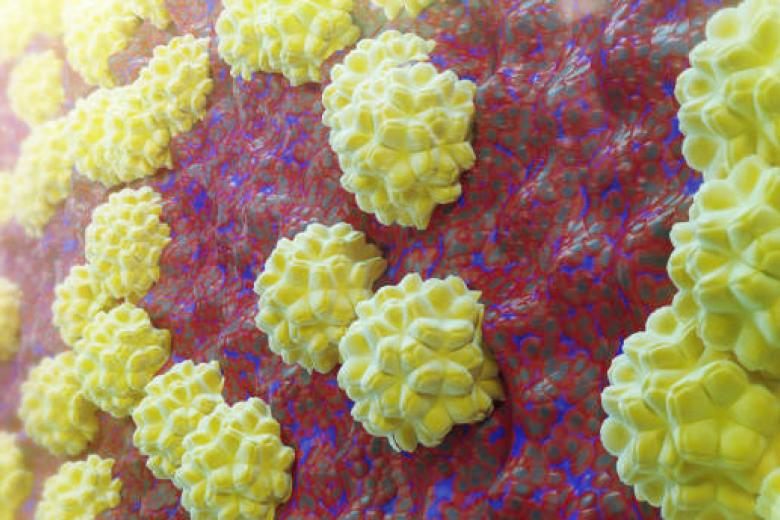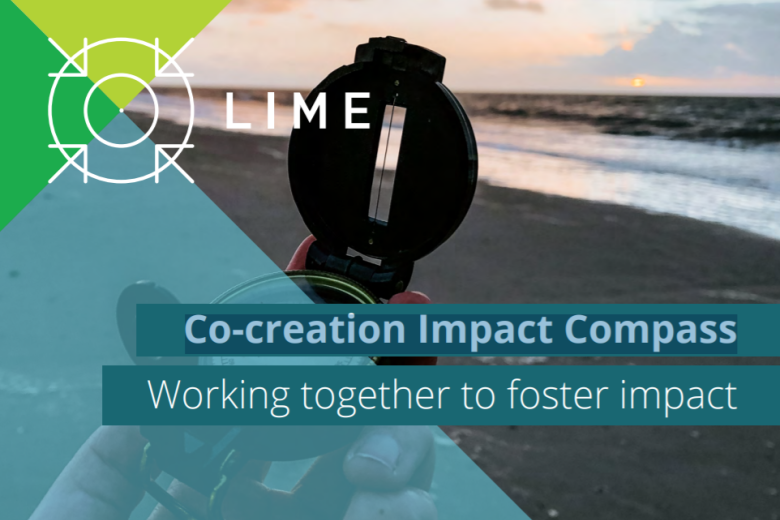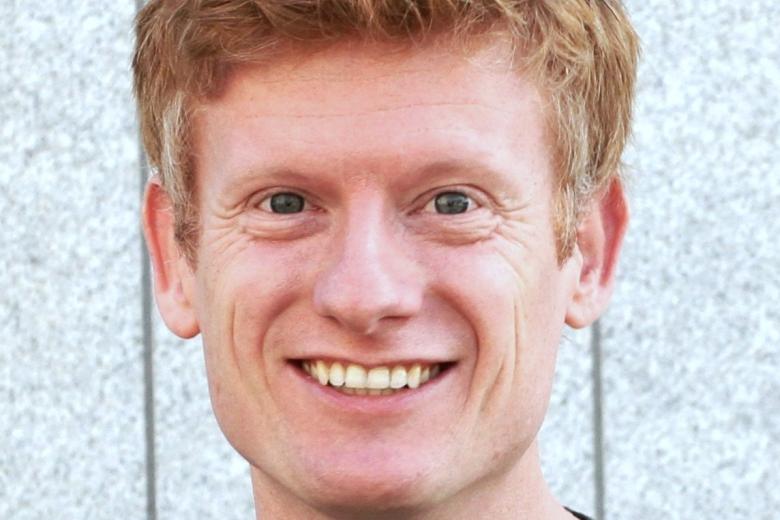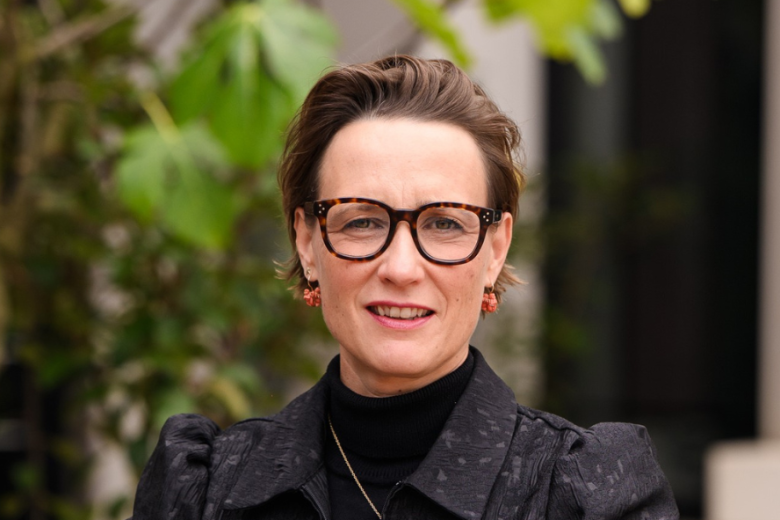Promoting Health and Personalised Care
Our challenge is to attune population-based methods with highly individualized approaches in health promotion and personalized care, being inclusive for disadvantaged people and focusing on implementation issues.
We aim to develop, apply and test new theories, interventions and research methods to promote health and to implement personalized care and reflect on relevant ethical implications of new developments. Our research focuses on areas such as personalized prevention and healthcare interventions using innovative eHealth, interprofessional learning, and shared decision-making principles. To optimize societal impact, we collaborate with all relevant stakeholders, such as citizens, patients, health care professionals, scientists and policy makers.

Feature article
Little is known about smoking cessation among gender minority populations compared to cis-gender individuals (whose gender matches their sex assigned at birth). Researchers examined differences between smokers from gender minority populations, cis-women, and cis-men in heaviness of smoking, quit intentions, use of cessation assistance, quit attempts (ever tried and number), and triggers for thinking about quitting. The findings from the International Tobacco Control (ITC) Netherlands Survey were recently published in Nicotine & Tobacco Research.
Research stories and case studies
Learning together to provide better care for older people in Elsloo
Zorgnetwerk Elsloo, a local care network for older people
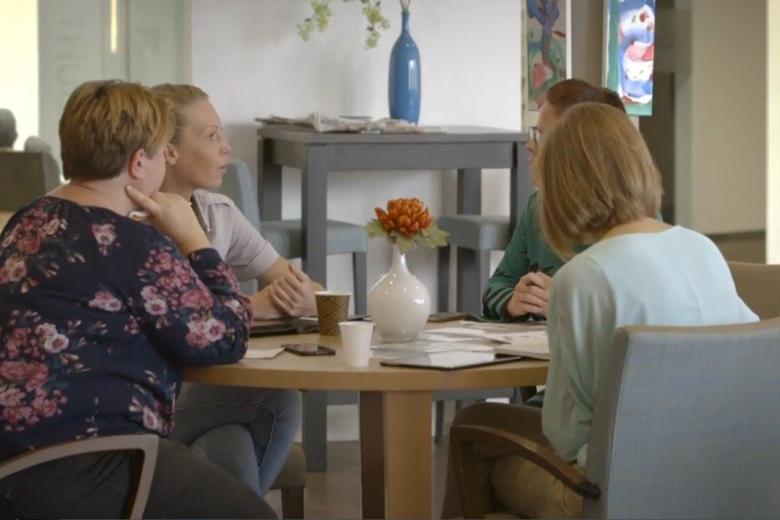
Learning to talk about alcohol consumption
Prevention of heavy drinking in Latin America

Online access to medical information in primary care: the patient’s perspective
The OPEN project
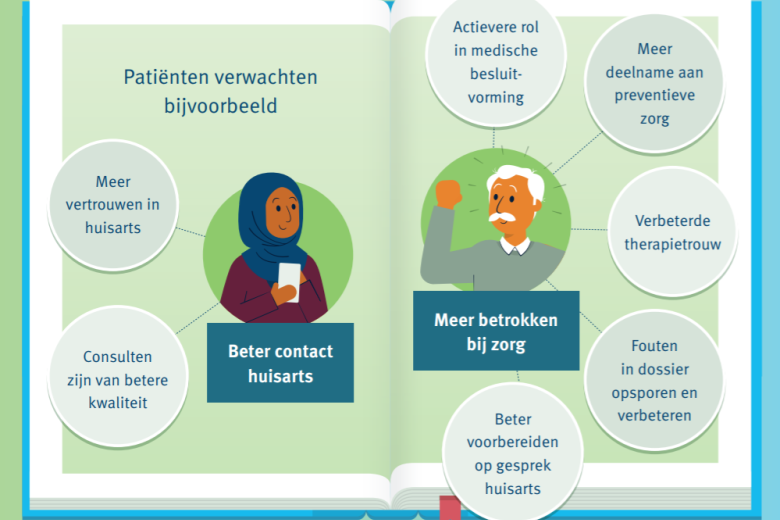
Doctors and patients making decisions together benefits patients as well as the healthcare system in general
Implementation of shared decision making

News
Publications and Doctoral Theses
Projects and partners
Here we provide insights into what topics our research projects are tackling (selection), who the actors involved in them are, and how these projects aim to develop new theories, interventions and research methods to promote health and to promote personalised care involving shared decision-making principles.
Featured Ontwikkeling en evaluatie van een 'keuzegids' voor clienten die kiezen voor een zorgaanbieder of zorgvorm in de langdurige zorg
SCALA: Scale-up of Prevention and Management of Alcohol Use Disorders and Comorbid Depression in Latin America
LIME: Limburg MEET
Back to Balance: Leefstijlverandering en netwerkversterking voor multiprobleemgezinnen in Apeldoorn
Living Labs
Research Line Promoting Health and Personalised Care participates in the following Living Lab:

